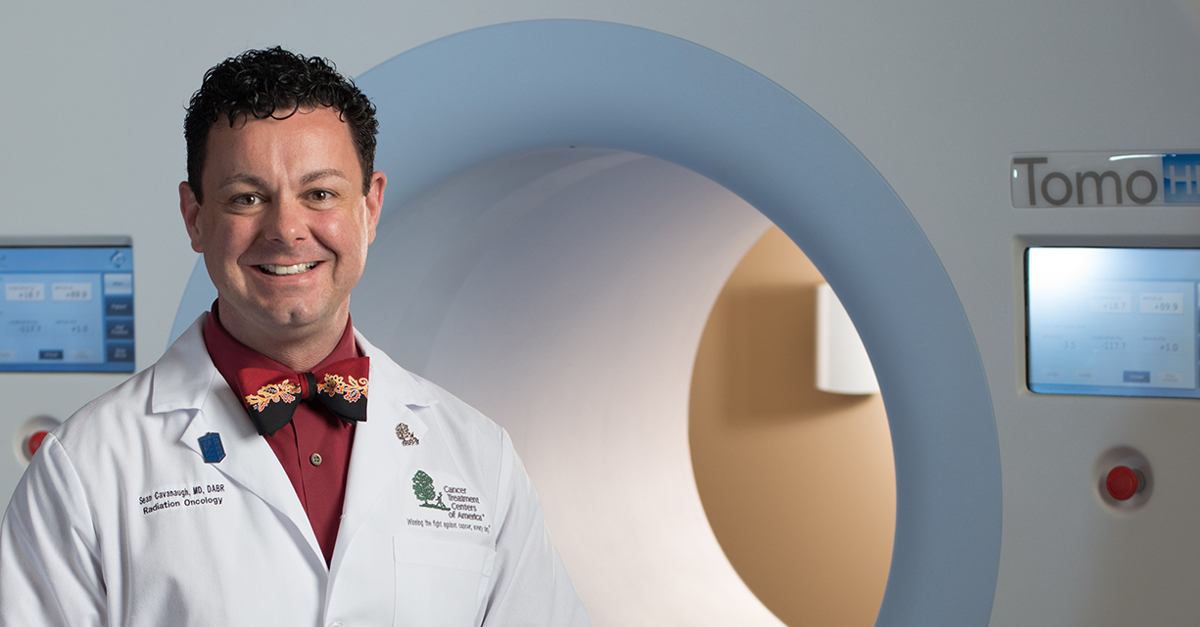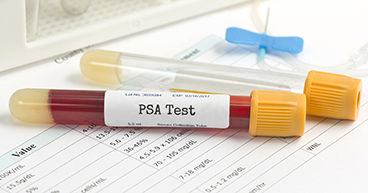
Cancer Treatment Centers of America®(CTCA) and the National Football League Alumni Association are working together to spread the word about the importance of prostate cancer screening. The initiative, dubbed “Prostate Pep Talk,” will run on TV and online throughout Prostate Cancer Awareness Month in September. In a series of public service announcements, three of the NFL’s best-known head coaches—Dick Vermeil, Herm Edwards and Bill Cowher—speak openly about prostate cancer and why early detection is vital to help catch the disease before it spreads.
“We're here because we have great respect for being aggressive in regard to attacking a serious problem among the males in the United States, prostate cancer,” former NFL head coach Dick Vermeil says in one of the videos. “We've all lost friends, we've lost common friends.”
How prevalent is prostate cancer?
Prostate canceris the most common cancer among men after skin cancer. One in seven U.S. men will be diagnosed with the disease in his lifetime. And yet, despite the serious nature of the disease and its prevalence, many men choose to skip routine testing—the one step that may help them catch prostate cancer early, when it has higher survival rates and more availabletreatment options.
"By explaining the benefits of prostate cancer screening, it is our hope that many men learn about the risk factors and figure out when to be tested,” saysDr. Maurie Markman, President of Medicine and Science at CTCA®. “By teaming up with the NFLA, we are highlighting this important issue on a national level, and encouraging men to play offense when it comes to their health.”
Screenings that spot most prostate cancers include a prostate-specific antigen (PSA) test, which measures the PSA levels in the blood, and a digital rectal exam (DRE), where your doctor inserts a gloved finger into the rectum to check the prostate’s size, shape and texture for signs of irregularities.
“It's not unmanly to talk to a man about going to get your prostate checked,” says retired NFL head coach Bill Cowher. “Bringing awareness to it and talking about it is the only way you're going to have people get tested more often.”
The need for check-ups
“In the world we live in, there will be someone that you know, whether it's a close relative or a member of your family, a friend, that has been devastated or touched by cancer,” says retired NFL head coach Herm Edwards. “It's one of those things that we're continuing trying to find a cure for. I think it starts with your ability to make sure that you have annual check-ups, you get your check-ups, to catch it before it consumes you or it's too late.”
The medical community is not aligned on if or when men should get tested, instead urging men to talk to their doctors about whether and when they should be screened. The American Cancer Society (ACS) and American Urological Association recommend testing begin at age 40 for those at high risk, and the ACS says screening should begin at age 50 for the general population.
If you’re unsure of what to do, learn about your own prostate cancer risk and talk to your doctor about getting screened. Nearly 3 million U.S. men are prostate cancer survivors. Because the disease has nowarning signs or symptoms, screening may help catch it before it spreads.
“When you look at something like prostate cancer, it’s something that is easily detected, at least early,” says Cowher. “To get a PSA test, to get checked on a yearly basis, is a very small sacrifice to make for potentially catching something that can be very deadly.”



